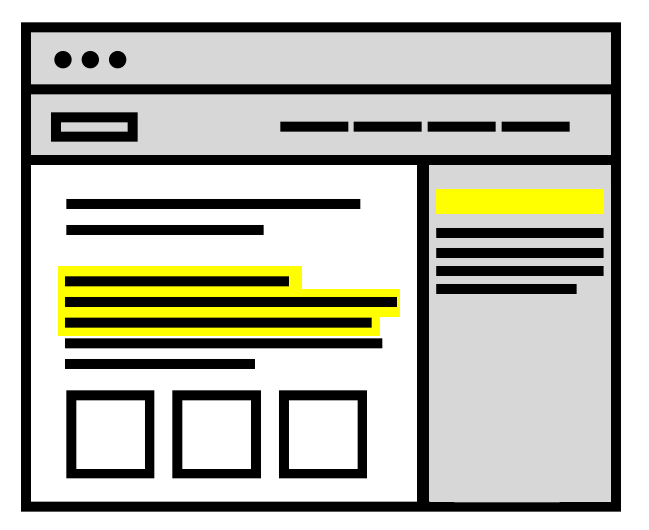I’m trying to catch up on a couple of blog posts that I’ve put off over the last couple of weeks. This one is primarily on a conversation I had with Jon Udell and the Reclaim Hosting crew (Jim Groom, Tim Owens, and Lauren Brumfield) which you can (and SHOULD) listen to below.
We’ve been doing these weekly interviews as we get ready for Domains 17 and this one was a real treat. I commented during the conversation that talking to Jon Udell about structured data on the web is like talking to Kin Lane about APIs. The smartest people I know make the most difficult concepts appear incredibly approachable and I’m deeply indebted to those who can help me understand complex systems. And the Digital Polarization work that Jon’s doing with Mike Caulfield with bringing fact-checking and annotation to the classroom is truly inspiring from a teacher perspective.
hypothes.is, the annotation tool Jon works on, has been one of the more innovative true-web projects I’ve seen in a number of years. As I’ve mentioned, I met Jeremy Dean of hypothes.is fame at OpenEd16 last November. His session on hypothes.is (actually I’m pretty sure he was just an audience member now that I think about it) was highly contentious: the notion that anything you write can be annotated on raises a wide array of comments and concerns. The point is that it truly feels like the game changes when the entire web can be challenged via annotation.
One thing Jon brought up was about how recently the W3C, the standards body for the web, standardized annotation. I actually saw the hypothes.is blog post about it and even tweeted it, but I don’t think I had truly internalized the possibilities until Jon explained it (again…highly recommend just listening to it).
One way I am newly interpreting the possibilities of standardization is a browser that is solely oriented towards annotation. For example, you may have heard of the browser Brave. The idea for Brave is that it works a lot faster by focused on speed measures such as blocking tracking tools and stripping out browser ads (and subsequently replacing some with their own).

Brave has built a community of users who are similarly interested in privacy to use the tool. It’s a browser (sort of) oriented towards privacy. I’m curious as to what a browser oriented towards annotation would look like and how that could possibily re-orient the user to move from a total consumption mode over to a more critical consumption mode. Seriously–what if a little annotation tray was always open and we never read the article and then annotations but rather we read everything concurrently?

Is it much different than a browser plugin? Functionally I’m not so sure it is. But I do think a closer integration of browser and annotation-ware would create a more positive user experience and likely open up some new possibilities (customization of UI for instance–varying fonts, serif vs sans serif, etc)
One last thing that I mentioned in the podcast is that I will be curious to see what it looks like if/when the major browser players (Google, Apple, Microsoft) start to bake annotation into their browsers. Can annotation continue as a tool that works across platforms or will annotation become simply another place for silo’d conversations to take place?
Whatever happens, I can say that Jon has continue my excitement for web annotation as well as my excitement for the conversations that will take place at Domains 17.



